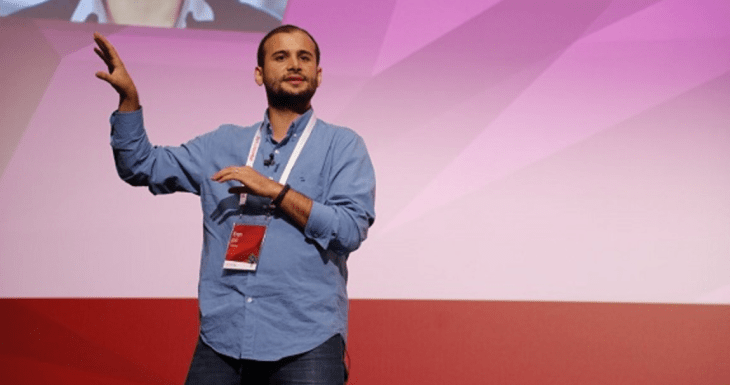It’s no secret that communications between patients and their doctors and pharmacists is anything but seamless. The same is true for communications between doctors and the labs and insurance companies with which they work. Carbon Health, a San Francisco-based startup, is aiming to create a two-sided marketplace that makes it easier for everyone involved to know what’s what.
To date, its mobile platform — which aims to provide healthcare practices with greater control over everything from scheduling to electronic health records to billing — has been available only through its own private practice in San Francisco, which it created to pilot-test its service.
But founder and CEO Eren Bali says 750 patients have tried it, too, and that they rank it highly in feedback surveys. The reason: By integrating a healthcare practice with clinics, insurance companies, pharmacies, labs and medical imaging centers, patients become empowered, too. Specifically, Bali says, by using the service, individuals can schedule appointments, make payments, fill prescriptions and, crucially, access their medical records. “Instead of a health record system where patients’ records are stored on the provider side, we flipped the system,” says Bali.
Carbon Health is hardly the only company focused on healthcare interoperability. But its strategy was apparently enough to convince investors to provide it with $6.5 million in seed funding over two tranches, money the company plans to use to expand into a small number of Bay Area practices, then other practices in California, before rolling out nationally.
Bali said he isn’t at liberty to disclose the names of those early partners, but he says 100,000 patients will have access to its technology when those partnerships go live. He adds that it may take until the end of the year to get them fully up and running, as “this is high-stakes software; we want to get this right.”
Chicago-based BuildersVC is Carbon Health’s biggest investor to date; others of its backers include Javelin Venture Partners, Two Sigma Ventures, Bullpen Capital and a long string of well-known angel investors, including serial entrepreneurs Aaron Patzer, Elad Gil and Russ Fradin.
Investors apparently like the company’s revenue model, too. Most physicians use a billing company and pay 5 to 10 percent of their collections to that service. Carbon Health aims to replace that cost, charging 7 percent for not only billing but a variety of other services that healthcare practices typically pay for separately, including HR and practice management.
And Bali’s background can’t hurt. As some readers may already know, Bali previously co-founded and served as CEO of the well-funded education marketplace Udemy.
If, as an investor, you’re betting on a new marketplace, you could do worse than placing your chips on someone who already knows a thing or two about two-sided businesses.
Carbon Health launched at TechCrunch Disrupt in San Francisco last fall. To learn more, you can check out its presentation here.
